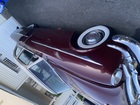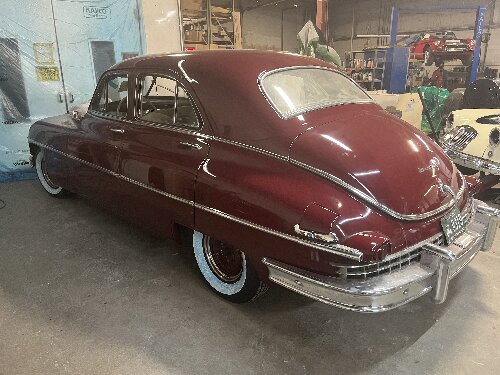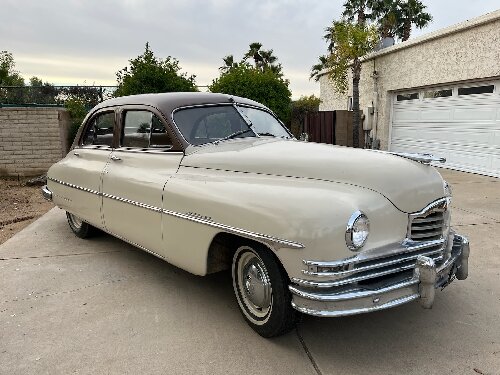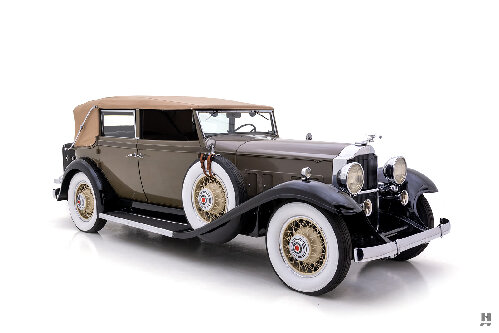|
Re: Compression ratio of 327 head; year of the engine block?
|
||||
|---|---|---|---|---|
|
Home away from home
|
If memory serves only a few years back their was an article in the Cormorant Showing old ads comparing the Packard block with a Chrysler block. The Chrysler block had inserts (low Quality Cast Iron.) Versus the Packard Block ( High Quality cast Iron.) Didn't need Inserts. I only point this out because Packard themselves made this statement. Not urban legend. Is it true? I don't know. This was pre war too. Did this change after the war? Again, I don't know. But why would Packard make the claim if not true? Seems to me to be a lawsuit in waiting if false. I don't doubt anyones experience. And if people in the field don't see a difference.I don't doubt that. But, then What gives with the Ads that make that statement??? Unless the repro ads in the Cormorant were false.
Posted on: 2017/3/18 9:27
|
|||
|
||||
|
Re: Compression ratio of 327 head; year of the engine block?
|
||||
|---|---|---|---|---|
|
Home away from home

|
Let's look at it another way. For many years, all exhaust valves have been stainless steel, but when unleaded fuel became the law, the OEMs began induction-hardening their exhaust seats to prevent stainless exhaust valves from micro-welding to the seat, pulling away one molecule at a time and eventually causing recession.
jack vines
Posted on: 2017/3/18 11:16
|
|||
|
||||








